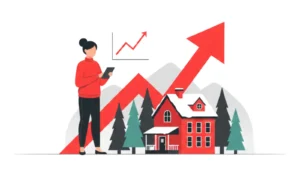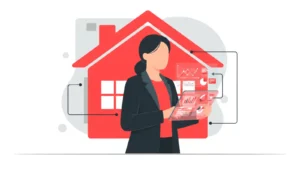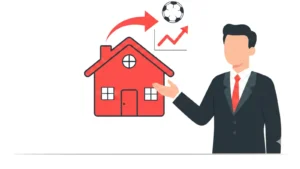Table of Contents
Updated : Feb 5, 2026
The modern landscape of short-term rental profitability is intensely competitive. While dynamic pricing is the engine of your revenue strategy, relying on it alone to solve every problem is inefficient. Your pricing tool is only as powerful as the product it sells.
True success requires integrating two critical components: maximizing your listing’s perceived value through strategic short-term rental amenities and ensuring maximum visibility through precise vacation rental listing optimization. This approach ensures your vacation rental revenue management strategy is backed by a superior product that justifies a higher rate.
Diagnosing Revenue Gaps: Where Your Listing Fails to Compete
Your price reflects your product. If your dynamic pricing is consistently recommending rates lower than your break-even point, it’s a signal that the market is undervaluing your property’s offering.
The Amenities Deficit and Your Pricing Floor
The amenities you offer set the maximum price the market will accept for your property. When a property lags in bookings, managers must look past the rate and identify the amenity gap.
- The Problem: Your interior is clean, but your competitor has a hot tub, string lights, and a dedicated outdoor dining area. Guests will pay a premium for that superior amenity package. If you lack these features, you need to set lower prices in your dynamic pricing tool to compensate.
- The Fix: Your pricing tool can confirm this gap. If the rate recommendations are lower than your target, use a competitive analysis that looks past bedrooms and bathrooms to assess the amenity differences. Investing strategically in the most-searched short-term rental amenities (like pools, hot tubs, or dedicated workspaces) is the only way to raise your listing’s price floor sustainably. Tools like PriceLabs Market Dashboard help you analyze your market and understand your competitors’ offerings with market data. You can also understand which amenities are popular in your market and upgrade your vacation rental accordingly.
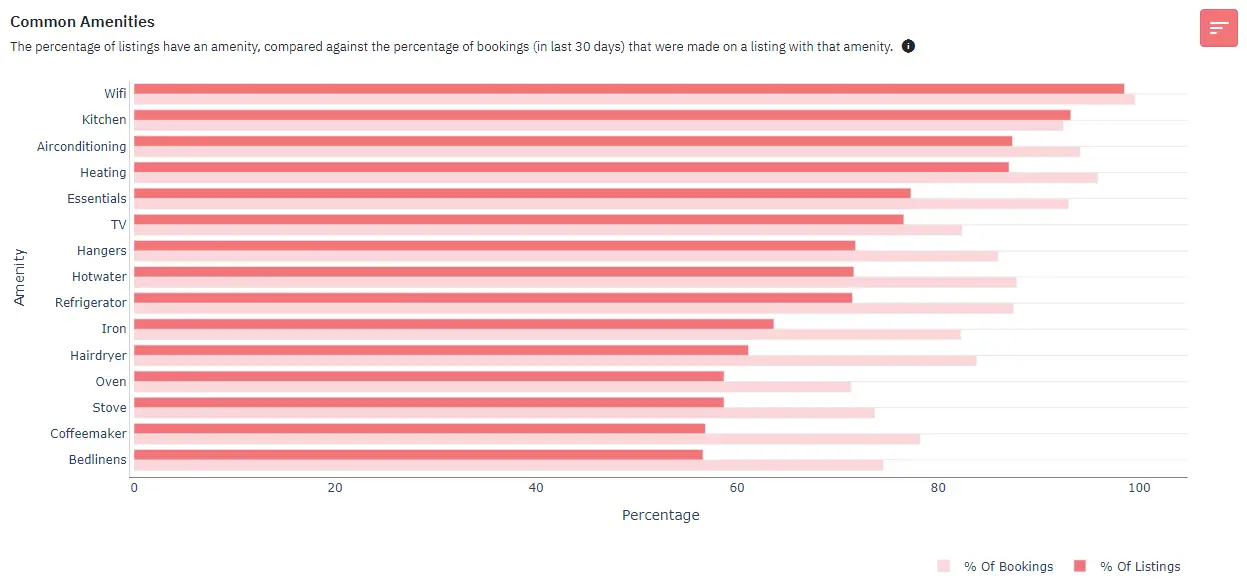
Low Conversion: The Cost of Poor Listing Optimization
Even with a perfect price, a weak listing won’t convert. Vacation rental listing optimization is a mandatory step that ensures your listing performs well.
- The Photo Barrier: Your main “hero image” must sell the experience immediately. If your primary photo is dark or unappealing, the guest scrolls past. This results in a low click-through rate, which signals to the algorithm that your listing should be ranked lower—no matter how accurate your price is.
- The Unchecked Amenity Box: If your property has fast Wi-Fi or a washer/dryer, but that amenity box isn’t checked in your PMS and synced to the channel, guests cannot filter for your listing. This simple operational blind spot crushes organic visibility and starves your dynamic pricing of traffic.
STOP PRICING BLINDLY: Execute Your Strategy with Dynamic Pricing
Ready to confidently set premium rates? Your Vacation Rental Listing Optimization is the foundation—now use the right dynamic pricing tool to translate that value into bookings. Start maximizing your ADR and short-term rental profitability today.
Start Your Free Trial NowStrategic Marketing Levers to Master Listing Optimization
The true power of your dynamic pricing strategy is realized only when your listing has optimal visibility. Revenue management must be harmonized with vacation rental marketing to ensure your best rate is seen by the maximum number of potential guests.
Action 1: Master Your Listing Optimization for Search Algorithms
Your listing optimization is your primary driver of organic traffic and is essential for high short-term rental profitability.
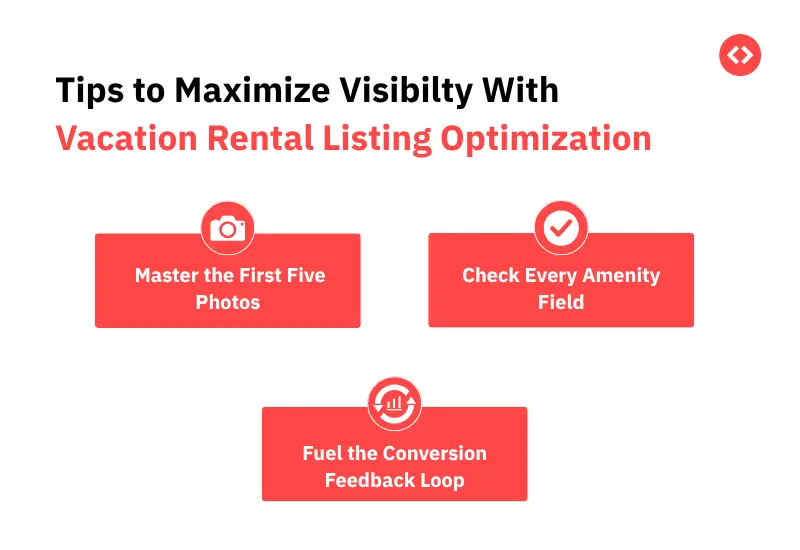
- Audit Your Hero Image: Your first five photos are the most critical. Ensure they tell a visual story about the property’s best features. For seasonal markets, strategically adjust your content by moving the most relevant photos (e.g., pool photos in summer) to the front.
- Fill Out Every Amenity Field: Use an internal checklist or a listing optimization tool to confirm that every relevant amenity is checked. This ensures your listing appears in all relevant filtered searches, driving high-quality traffic.
- The Conversion Feedback Loop: Every successful booking boosts your listing’s ranking in the search algorithm. This increased visibility makes your dynamic pricing even more effective, requiring fewer discounts and allowing for higher premiums during peak demand.
Action 2: Leverage Smart Distribution and Niche Segments
Maximize the effectiveness of your dynamic pricing strategy by expanding your reach beyond standard leisure travel.
- Target Niche Segments: Aggressively pursue specialized, non-leisure demand, such as corporate, medical, bliesure travelers or relocation guests. These segments often look for longer stays, leading to stable monthly revenue and reduced turnover costs, helping to fill weak weekdays.
- Balance OTA and Direct Bookings: While a high direct booking rate is ideal, optimize across multiple platforms. Utilize channel markups to ensure your net rate is similar across all platforms while still offering the lowest consumer-facing rate on your direct website.
Conclusion: Pricing Is the Execution of Your Product Strategy
In the end, your dynamic pricing is simply the execution layer of your overall strategy. Your revenue success depends on balancing these two factors:
- Product Quality (Amenities & Listing Optimization): This sets the maximum price the market will pay.
- Pricing Strategy (Dynamic Rates): This uses algorithms to ensure you capture the maximum price at every point on the calendar.
By strategically investing in sought-after short-term rental amenities and ensuring your vacation rental listing optimization is flawless, you provide a high-quality product that your dynamic pricing can confidently sell at a premium, truly maximizing your short-term rental profitability.
Frequently Asked Questions (FAQ)
1. What is the main difference between Dynamic Pricing and Listing Optimization?
Dynamic Pricing is the engine of your revenue strategy. It automatically sets the optimal nightly rate based on market demand, competitor rates, and booking pace.
Listing Optimization (Amenities and Marketing) is the foundation and the product. It sets the maximum price the market is willing to pay. If your listing is poorly optimized or lacks key short-term rental amenities, your dynamic pricing tool will be forced to push the rate down to generate bookings.
2. How do I know if my listing is failing due to price or due to optimization?
You can diagnose this by checking your listing’s performance data on the booking channels (Airbnb/Vrbo):
- Pricing Issue: Your listing has a high number of views and inquiries, but a low conversion rate (i.e., people look but don’t book). This means your price is likely too high for the product you are showing.
- Optimization Issue: Your listing has a low number of views and inquiries. This means your photos are not compelling enough to earn the click, or you are missing key amenities that guests are filtering for, meaning your listing is invisible in the search results.
3. What is a “High-ROI Amenity” that I should invest in?
A high-ROI (Return on Investment) amenity is a feature that guests actively search for and are willing to pay a significant premium to have. Common examples include:
- Hot Tubs and Pools: These often lead to a dramatic increase in both booked nights and Average Daily Rate (ADR).
- Dedicated Workspaces: This attracts longer-stay guests (corporate, digital nomads) seeking stability, which is great for short-term rental profitability.
- Enhanced Outdoor Space: Features like fire pits, quality outdoor seating, and string lights drastically increase a property’s perceived value and photo appeal.
You can check popular amenities in your market using PriceLabs Market Dashboard.
4. How does checking every amenity box help my Dynamic Pricing?
Checking every amenity box is a crucial part of vacation rental listing optimization that directly impacts your listing’s visibility.
Booking channels use amenity filters as the first layer of search. If you don’t check the “Wi-Fi” or “Coffee Maker” box, your listing will not appear in a filtered search, regardless of how competitive your dynamic pricing is that day. By increasing your visibility and traffic, you give your pricing tool more opportunities to capture a booking at the highest possible rate.
5. How often should I review my listing content and photos?
You should conduct a full content audit at least twice a year, typically before your high season (e.g., spring for summer season) and before your low season.
- Seasonal Adjustment: Always adjust your primary “hero image” to reflect the current season (e.g., lead with the pool photo in summer, lead with the cozy fireplace in winter).
- Continuous Review: Use guest reviews as a feedback mechanism. If multiple guests complain about the same missing item or feature, it signals a necessary amenity investment that must be addressed to protect your listing’s overall performance.




